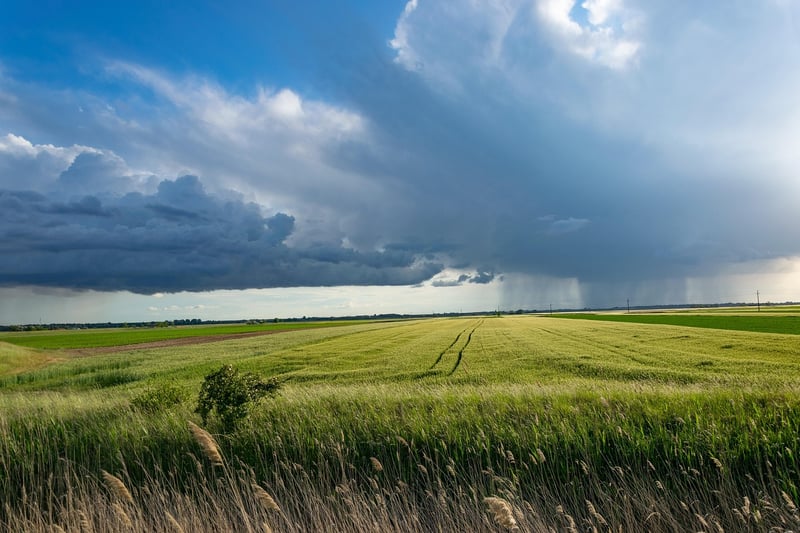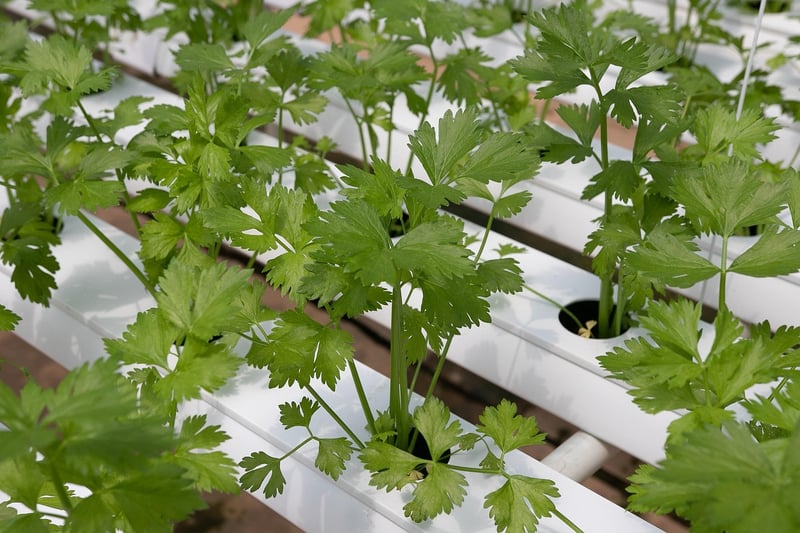Hydroponic Systems
The Future of Farming: Maximizing Space with Hydroponic Systems
With the world's population steadily increasing, the demand for food is higher than ever. However, arable land is finite, leading to the exploration of innovative farming techniques that can maximize space utilization. One such method gaining popularity is hydroponic farming in tight spaces.
What is Hydroponic Farming?
Hydroponic farming is a soil-less farming technique that involves growing plants in nutrient-rich water solutions. This method allows for precise control over the plant's environment, leading to faster growth rates and higher yields compared to traditional soil-based farming.
Advantages of Hydroponic Farming in Tight Spaces:
- Space Efficiency: Hydroponic systems can be set up vertically, utilizing unused vertical space efficiently.
- Water Conservation: Hydroponic systems use up to 90% less water than traditional soil farming, making them ideal for water-scarce regions.
- No Soil Requirements: This method eliminates the need for fertile soil, making it suitable for urban environments or areas with poor soil quality.
- Pest and Disease Control: Hydroponic systems are less prone to pests and diseases, reducing the need for harmful pesticides.
Types of Hydroponic Systems:
- Deep Water Culture (DWC): Plants are suspended in a nutrient solution, allowing their roots to absorb oxygen and nutrients.
- Nutrient Film Technique (NFT): A thin film of nutrient-rich water flows over the plant roots, providing a constant supply of nutrients.
- Vertical Farming: Plants are stacked in vertical layers, maximizing space utilization in urban settings.
Benefits of Hydroponic Farming:
- Year-Round Production: Hydroponic systems allow for year-round cultivation regardless of external weather conditions.
- Higher Yields: Faster growth rates and optimal nutrient delivery result in higher yields per square foot.
- Sustainability: Reduced water usage and minimal environmental impact make hydroponic farming a sustainable choice.
Embracing the Future of Agriculture
As the world faces challenges such as urbanization and climate change, embracing innovative farming techniques like hydroponics is crucial for ensuring food security. By maximizing space utilization and resource efficiency, hydroponic systems offer a sustainable solution to meet the growing food demands of the future.
Experience the future of farming with hydroponic systems and join the movement towards sustainable agriculture.

Learn more about hydroponic farming and start your journey towards sustainable agriculture today!
Visit Hydroponics.com for more information